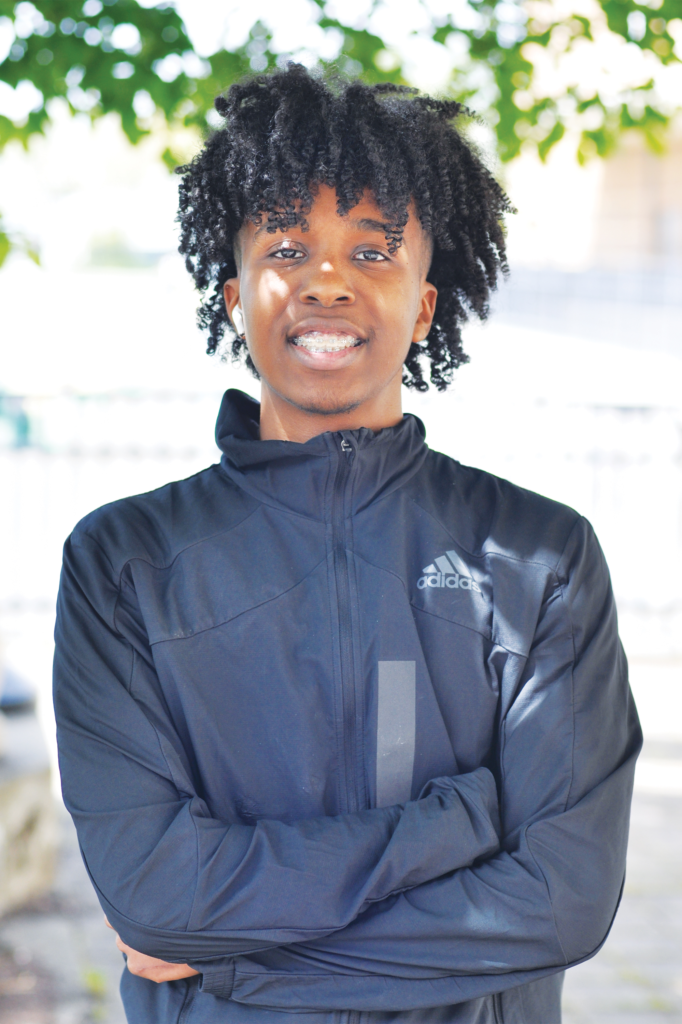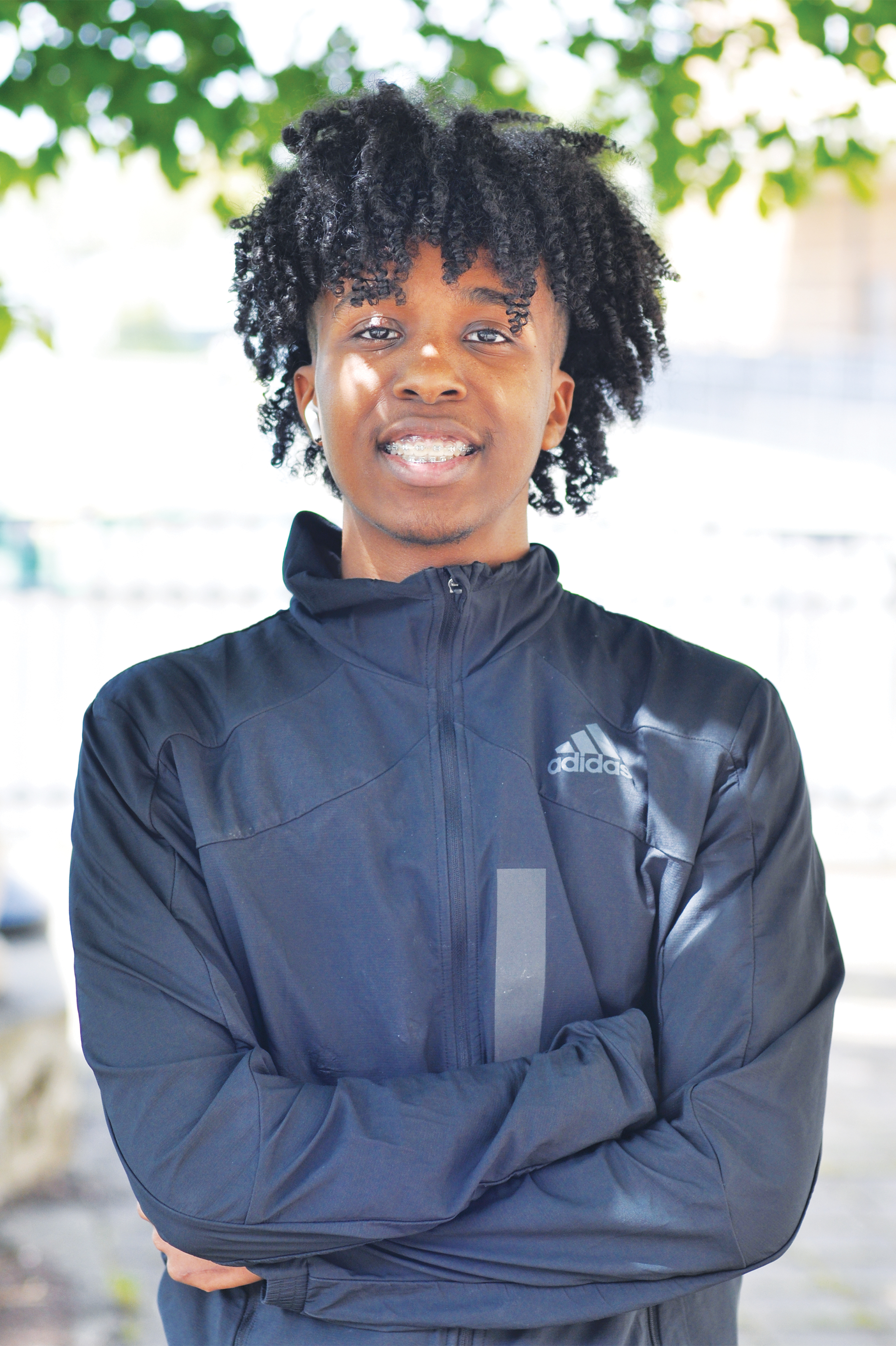What Ramadan has meant to participating RHS student-athletes
From the beginning of April through May, Muslims fast as part of Ramadan, one of the five pillars of Islam. Taking place during the ninth month of the Islamic calendar, Ramadan is a time of fasting, prayer, community, and reflection.
During this time, many of Roosevelt’s Muslim students observe Ṣawm — otherwise known as the act of fasting during Ramadan — which is part of a broad obligation for capable Muslims to refrain from eating, drinking, and any sexual activity from dawn to dusk.
Senior Ammar Omer started fasting during Ramadan at age 13, but says he wanted to start earlier. “Before 13, I wanted to fast but my parents were like, ‘you’re too young,’” Omer says.
Despite some students like Omer fasting, at Roosevelt, extracurriculars and meetings continue in full force during this time.

Ammar Omer, senior Roosevelt athelete
For example, Omer plays basketball everyday for about 18 hours a week, an activity which he continues while abstaining from food or drink during Ramadan. This said, he explains that his friends at school have always been very considerate, saying “[for the] most part they try to not eat or drink in front of me.”
Further, Omer states that his experience during Ramadan often has the potential to improve his performance in activities both in and out of school, saying it helps him clear his “mind and really focus on getting better.”
Having started at age seven, Junior Fartun Abdullahi has also had lots of experience with fasting at school while participating in sports during Ramadan. She shares that her hardest time was when she was in middle school, saying, “I started fasting the whole entire 16 to 18 hours, however long it is.”
Despite this, Abdullahi says “I don’t really get affected that much mentally when it comes to Ramadan. I try to be more spiritually [affected]. I try to read more, like our holy book [the] Quran.”
As part of this year’s junior Power Puff team, Abdullahi attends football practices with other juniors twice a week. During the time she was participating in Ramadan, Abdullahi states that her teammates and coaches were very understanding of her situation and aware of what time it is.
She continues by explaining that the people surrounding her remained very positive and considerate whenever she needed a break or had to pause a workout. “It felt so good to let people tell you that and you don’t even have to ask them,” she says. “They [were] aware that it’s the month of Ramadan.”
Abdullahi shares that teachers also were accommodating, giving her extra days for her assignments.“[While fasting during Ramadan] I can’t focus in class,” she says. “They will let me walk out and they say ‘take care of yourself,’ which feels so good to let people tell you that.”
To commemorate the end of Ramadan, Eid al-Fitr serves as a day of celebration and involves gatherings of family and friends who come together to share a meal as a group. This makes the fasting in Ramadan very rewarding, both spiritually and culturally.


